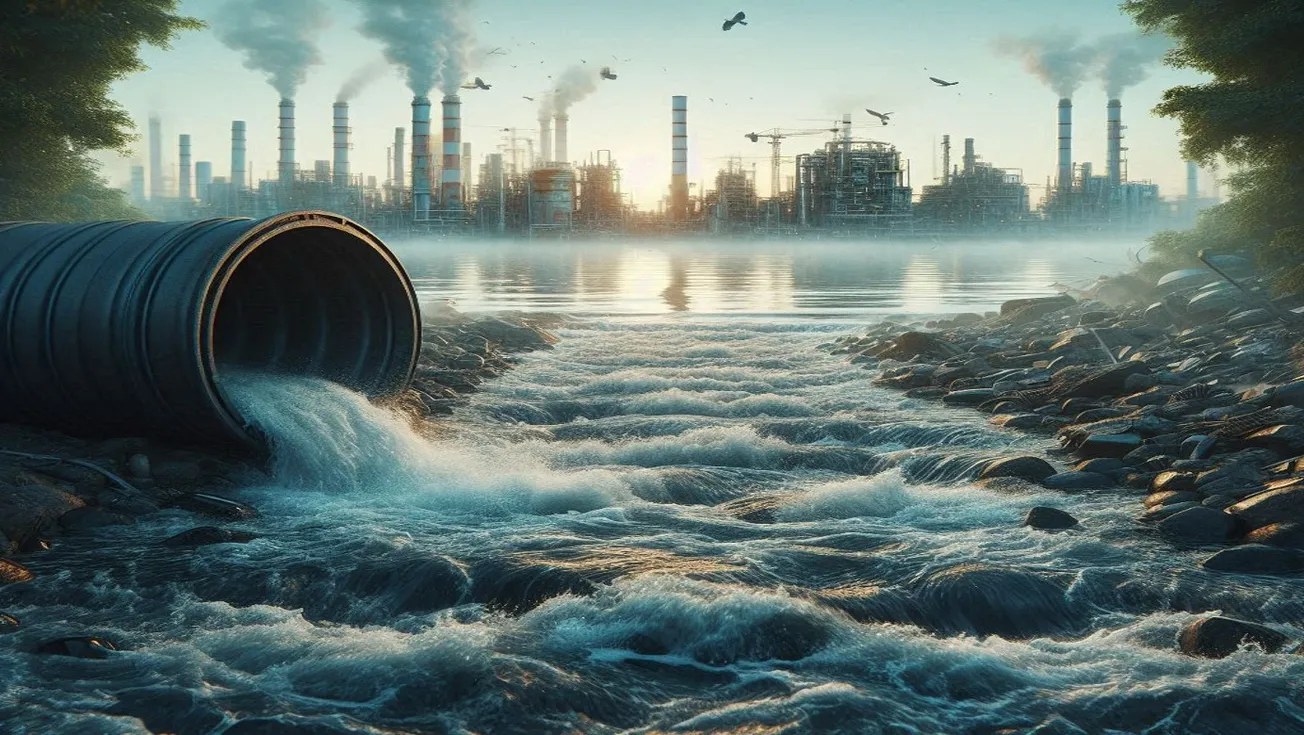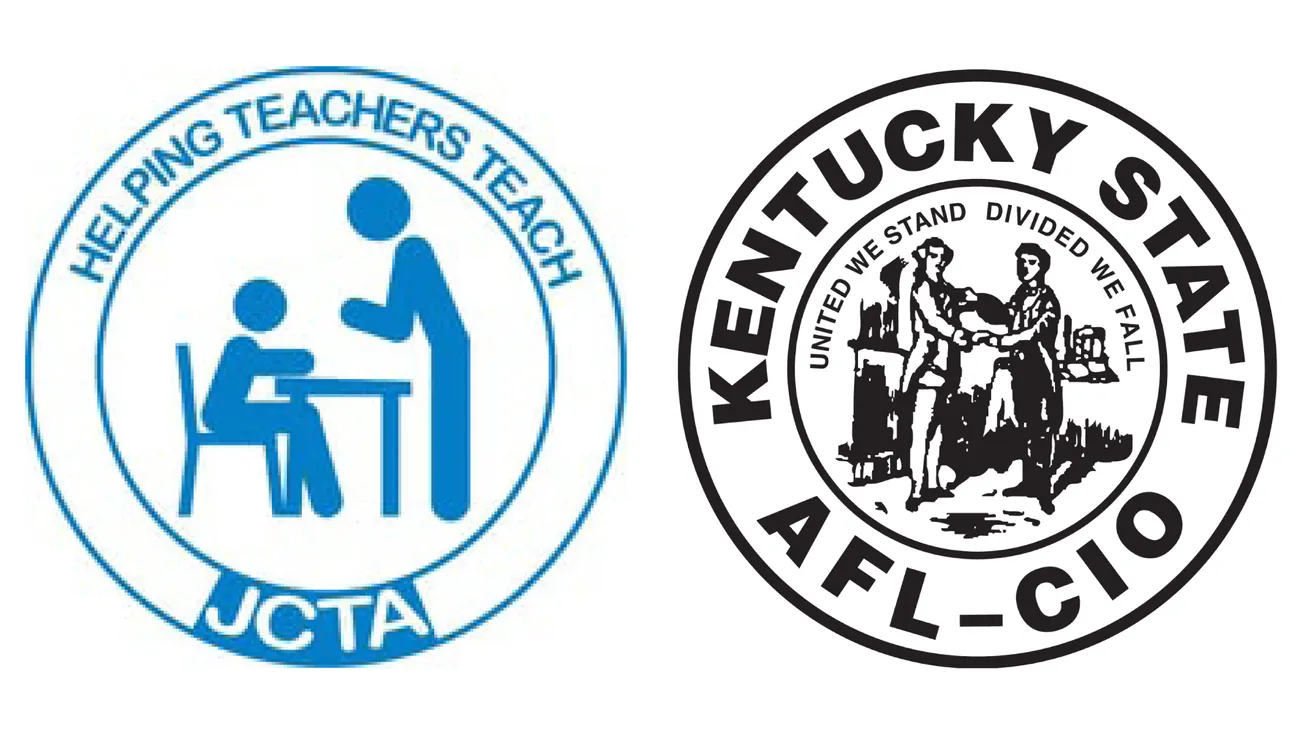The U.S. Supreme Court just ended something called Chevron deference, in Loper Bright Enterprises v. Raimondo, Case No. 22-451. Should you worry? Alas, yes, the Supreme Court just threw our protections under the bus. Here’s how.
In 1984 in a case involving Chevron, the Supreme Court decided that when an agency’s implementation of a federal statute is reasonable, the agency is entitled to deference. This is true even if other interpretations could be made.
This happens a lot — in environmental protection, food and drug safety, occupational safety and health, consumer product safety, you name it. A statute will direct an agency to “protect human health, safety and the environment,” or something similar. The agency has to implement that standard. It does this by issuing a regulation.
This means jumping through hoops. The regulation must be published as a draft. The agency must explain the science, the technology and the costs it considered, and ask for public comments, then respond to those comments, all before it issues a final regulation. If the regulation is challenged, a court will review it to see if it meets the federal standard. Under Chevron, even if the court would have written a different regulation, the agency decision will be given deference. In case of doubt, the agency wins.
You may find this unfair, but consider: Career civil servants are assigned to review the science, the technology and the costs of a proposed regulation, using their academic credentials and professional experience. They spend months, sometimes years, reaching their recommendations. If Chevron deference is gone, what happens next? What happens if a reviewing court may simply replace the agency’s discretion with its own?
A reviewing court may punt: Sorry, Congress, back to you to spell out the standards. All of them. For everything. Good luck to us while Congress figures it out. Protection delayed is protection denied.
Or, a reviewing court may appoint a special master to advise the court on the science, the technology and the costs. The special master likely will come from the industries governed by the regulation, where the day job is to lobby for those industries — including fighting any new regulations. Will such a special master support the agency or the regulated industries? If you didn’t trust civil servants to protect you, try trusting lobbyists.
Yikes, you say, but our Kentucky agencies will pick up the slack. Nope. Kentucky statutes often have a “no more stringent than” requirement. If the federal regulation is in limbo in Congress, it’s in limbo here. And if lobbyists wrote the federal regulation, guess what the state regulation says. Even if there is no federal regulation, the General Assembly routinely vetoes agency regulations without writing any legislative standards to replace them.
The Supreme Court tries to justify its decision as a simple distinction — courts interpret the law and agencies apply the facts. Would that it were that easy.
--30--
Written by Kathryn Hargraves, a retired attorney who spent two decades practicing environmental law as an attorney for the former Kentucky Natural Resources and Environmental Protection Cabinet, now called the Kentucky Energy and Environment Cabinet. Cross-posted from the Kentucky Lantern.








